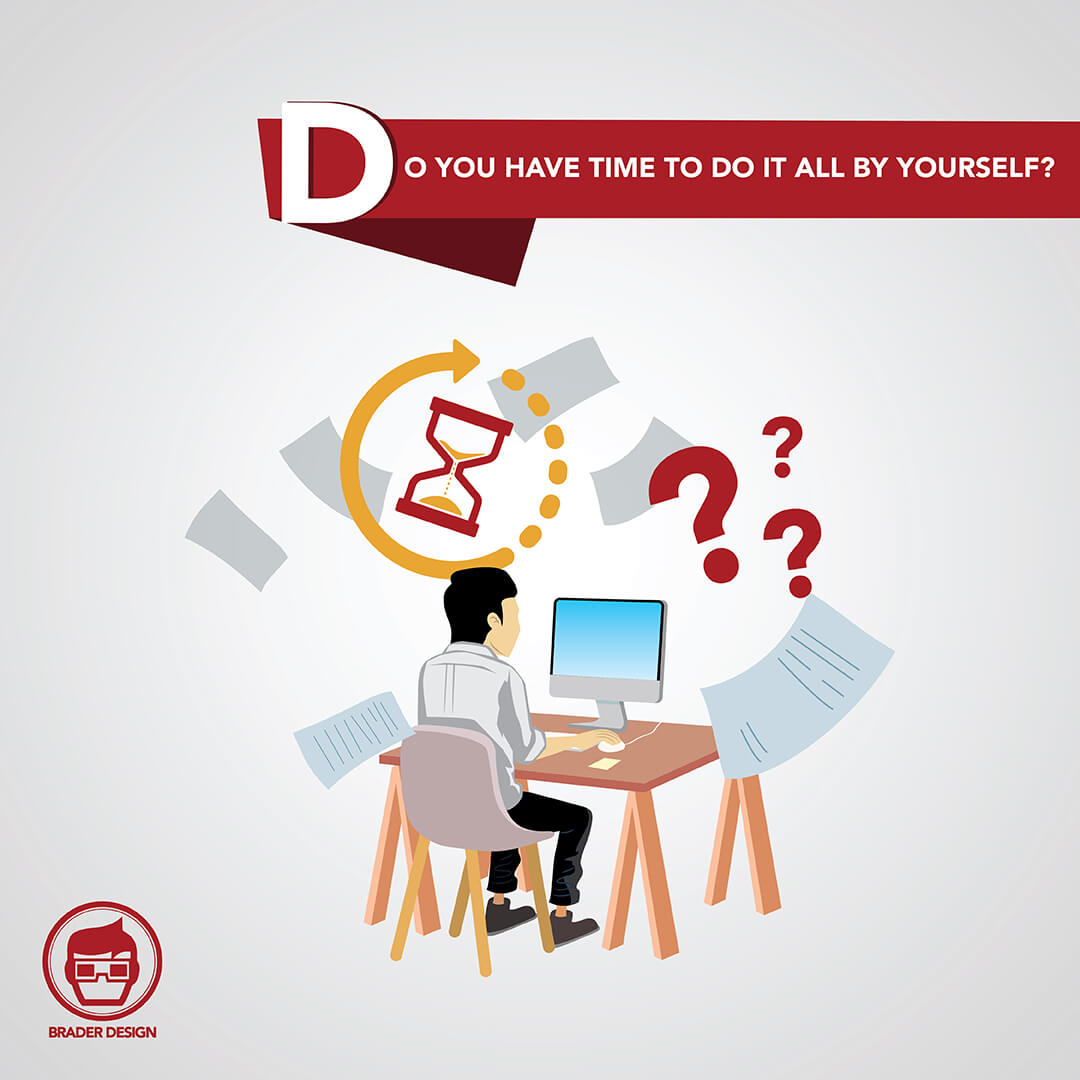The Internet is undoubtedly one of the greatest achievements in modern human engineering.
This vast network of interconnected computers has allowed us to share knowledge with one another at a heretofore unknown speed of dissemination at any time in human history. And with this, many borders around the world are no longer an impediment against our ability to share, influence, collaborate and do business with.
However, it is also by this same accord that the Internet is forcing small enterprises to up their game. Small enterprises must look every bit as professional and impressive as the big conglomerates because this same democratization of businesses on the Internet will also force potential clients and customers to view a small enterprise and a multinational equally.
And this is why proper, professional copywriting plays a vital role in anybody’s website today.
The English language is still the most commonly used language not only in the world but also on the Internet. 25% of all websites and netizens use English as the primary vehicle of communication. As such, common linguistic errors like grammar, syntax, and spelling are unacceptable on any website, because your website not only represents you, it represents your business’ global image.
If the copy on your company’s homepage is riddled with grammatical errors, it’s akin to having a moldy front door to your home or a rusted body on a car. It just doesn’t look good!
These are THREE potential negative impacts if your website does not employ professional copywriting.

1. DRIVE POTENTIAL LEADS AWAY
Nobody personally knows you on the Internet. Their assessment of you and your business is completely dependent on your website, not just on how it looks but also the language used on it.
Most people will forgive a less polished looking website without cutting edge design, fancy videos, or sophisticated animations.
However, poor language implies that your business may be unprofessional and lacking in attention to detail.

2. IT MAKES PEOPLE THINK TWICE
First impressions matter. We all pay a lot of attention to our outward appearance and grooming when it’s time for a business presentation or sales pitch in the real world.
The same level of care must apply to the verbiage and copy on your website because it is equally representative of your business as your sales and marketing team.
If your content is plagued by poor grammar, people will likely think twice about the quality of your products or services.
By presenting readers with sub-par content, you are putting your business at risk of losing valuable word-of-mouth marketing. Or even worse, you may be inviting negative word-of-mouth attention.

3. IT CONFUSES YOUR CUSTOMERS
Messy grammar and misspelled words are likely to slow your reader down and make them lose interest.
According to online entrepreneur Charles Duncomb, “when you sell or communicate on the internet, 99% of the time it is done by the written word.”
Bad grammar can denounce the subject matter of your content and ultimately distract your reader. All it takes is one their vs. their mix-up to detract from your business’ credibility.
At worst, a spelling error or grammatical mistake can change the meaning of your content entirely, leaving potential clients confused and misinformed, and ultimately taking their business elsewhere.
These are THREE steps you can use to ensure the copy on your website passes muster, and avoid embarrassment.

1. COPYWRITER HAS NATIVE PROFICIENCY OF THE LANGUAGE
Native proficiency in the language cannot be beaten because whoever is writing it need not go through the process of translation in his or her head.
Malaysia is in a very fortunate position because our multi-cultural makeup and education system forces significant portions of the population to be bilingual at the very least. Finding people proficient in English and Mandarin, the two most common business languages in the world today is an easy task.
Indeed, Malaysia is ranked 13th on the EF English Proficiency Index, the second-best in Asia.

2. HAVE A DIFFERENT SET OF EYES READ THE COPY
Very often the writer of the copy would not be able to pick up minor language mistakes in the copy, because the writer is already well versed with the content and the brain would subconsciously filter out errors such as grammatical and spelling gaffes.
Having a third party read the copy would bypass this problem because the material is new to him or her.
If there’s no one else available to proofread the copy, the writer may also just revisit and review the copy after several days have elapsed, assuming time permits.

3. ENGAGE COPYWRITING AND PROOFREADING FREELANCERS
A cursory search in resources such as LinkedIn, JobStreet, the LowYat Forums, or even the Facebook Marketplace may help in looking for local talent that can provide these services on a contractual or gig basis.
If all else fails and there is no suitable local talent to call upon, the burgeoning gig economy has led to the advent of websites such as Freelancer and Fiverr. The global reach of the Internet allows anyone to work for anybody, regardless of where they’re geographically located.
You don’t want your website to suffer the same problems these organizations did. Professional copywriting may very well be the difference between a business contract being awarded to you, or to your competitor.
Most web design firms still do not provide copywriting and proofreading services for their clients, because this is deemed as something completely independent from the coding and design work that goes into building a website.
It’s common practice for a web design firm to depend on the client to provide the copy for their website.

Instead of having to worry about coming up with the copy of your own or engaging one vendor for the copy, and another vendor for building the website, why not just opt for one that can provide this complete suite of services in-house?
Learn more about our services and get started with your own website redesign process today!



